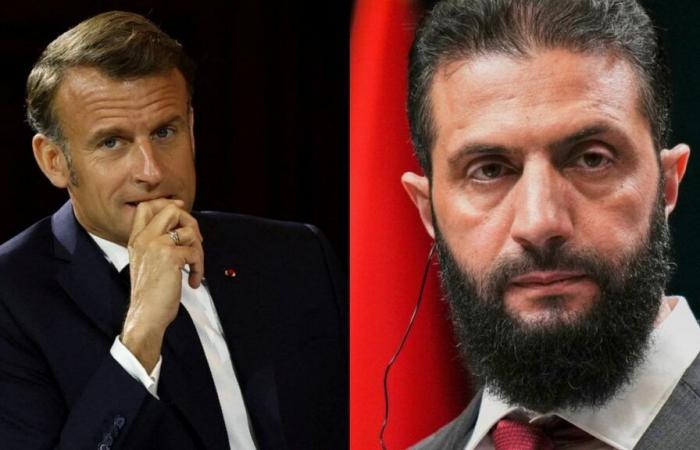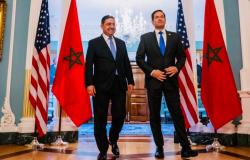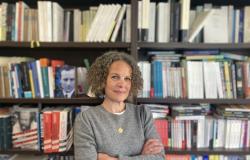The acting Syrian leader, Ahmed al-Charaa, will go to Paris at the invitation of Emmanuel Macron on Wednesday, six months after overthrowing Bashar al-Assad at the head of the rebel group HTC.
The French presidency indicates that the invitation is part of the “Demonstration of France’s historical commitment to the Syrian people who aspire to peace and democracy”noting that Emmanuel Macron will chat with his counterpart “means to stabilize the region, including Lebanon, and the fight against terrorism”.
The Élysée also announces that the French president “will redirect France’s support for the construction of a new Syria, a free, stable, sovereign Syria, respectful of all the components of Syrian society”.
Wave of community violence in Syria
The visit of Ahmed al -Charaa – a former jihadist attached to Al -Qaeda – will certainly not fail to arouse controversy, but the French minister of Foreign Affairs, Jean-Noël Barrot, believes that he “would be irresponsible” of “Do not start dialogue” with new Syrian authorities.
“The security of the French is played in Syria. The fight against terrorism, the mastery of migratory flows, the mastery of drug trafficking, and I would add the future of Lebanon, are played in Syria”according to the minister.
This visit comes as the Syrian government faces growing tensions with Israel and An escalation of violence against the Druze community – and before it the Alawite community – which has killed and injured hundreds of Syrians.
-A few days ago, the French Ministry of Foreign Affairs condemned what he described as “Sectarian violence” Aiming the Druzes in the south of the Syrian capital and called on government and regional actors to end the clashes.
Careful EU rapprochement to Syria
In February, after almost 14 years of civil war, The European Union has decided to suspend a series of sanctions against Syriain particular by raising the restrictions imposed on five key financial entities: the industrial bank, the Populaire de Crédit, the Savings Fund, the Cooperative Agricultural Bank and the Syrian Arab Aviation Society.
Economic resources have also been made available to the Central Bank of Syria, which made it possible to facilitate the necessary financial operations.
In addition, the EU has decided to suspend the restrictions imposed on the oil, gas, electricity and transport sectors, and to provide exceptions to the ban on banking relations between Syrian banks and European financial institutions, in order to facilitate humanitarian and reconstruction transactions.
In January, Ahmed al-Charaa had met Jean-Noël Barrot and the German Minister of Foreign Affairs, Annalena Baerbock, at the presidential palace of the Syrian capital. It was the first visit of senior European officials In the country since the fall of Bashar al-Assad last December.








